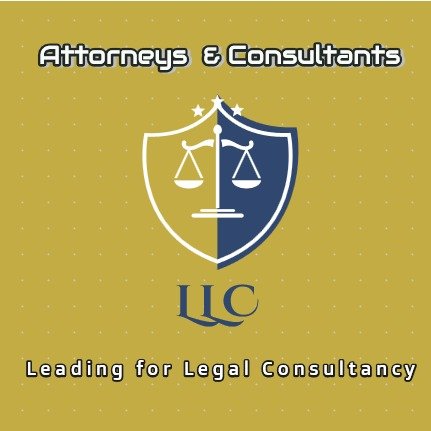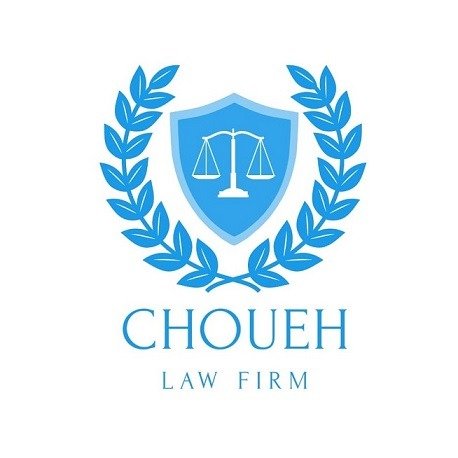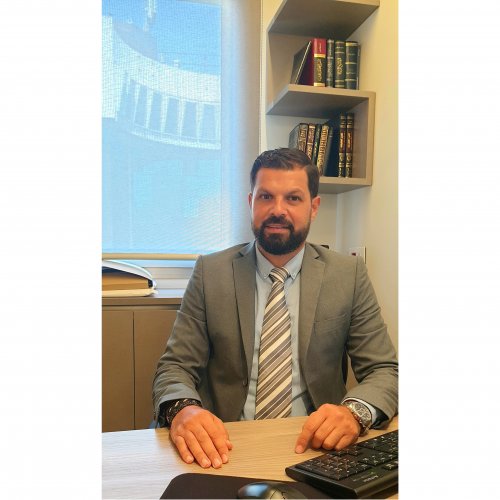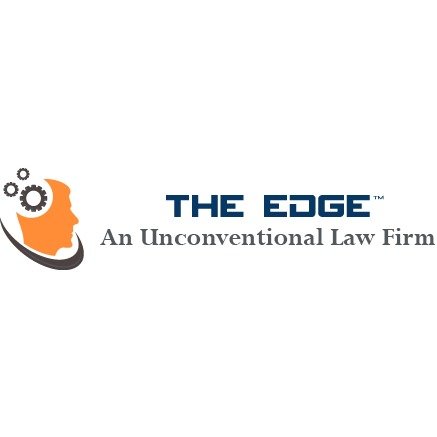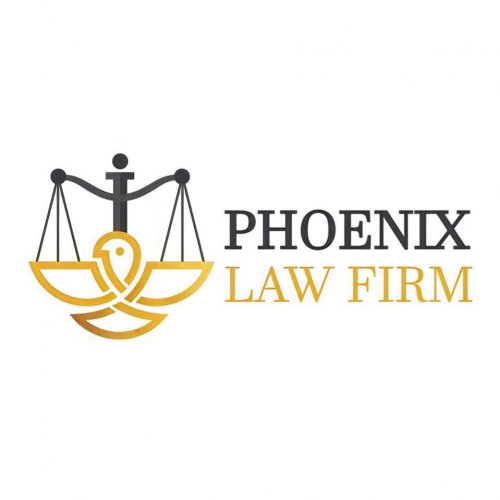Best Tax Increment Financing Lawyers in Beirut
Share your needs with us, get contacted by law firms.
Free. Takes 2 min.
List of the best lawyers in Beirut, Lebanon
About Tax Increment Financing Law in Beirut, Lebanon
Tax Increment Financing (TIF) is a public financing method that is used to support community improvement projects. In Beirut, Lebanon, TIF is aimed at stimulating economic development and revitalizing neighborhoods by leveraging future anticipated increases in property tax revenues. These financial tools allow municipalities to fund infrastructure improvements and public projects, which in turn can encourage private development and investment. The approach is considered transformational, particularly in areas that require rehabilitation and modernization to attract residents and businesses.
Why You May Need a Lawyer
Engaging a lawyer with expertise in Tax Increment Financing is crucial for several reasons. First, the legal complexities surrounding the formulation, approval, and execution of TIF projects can be daunting. A lawyer can assist in navigating regulatory compliance and ensure that all statutory requirements are met. Additionally, if you are a property owner, developer, or investor involved in a TIF district, a lawyer can help protect your interests and address any disputes that may arise. Legal advice is also beneficial in understanding the long-term financial impacts of participating in TIF projects and in negotiating agreements with municipal authorities.
Local Laws Overview
The regulatory framework governing Tax Increment Financing in Beirut encompasses various local laws and municipal regulations. Key aspects of these laws include the establishment of TIF districts, the calculation of baseline property values, and the criteria for qualifying projects. The laws delineate the roles of municipal councils and planning authorities in approving and monitoring these districts. There are also transparency requirements to ensure that the intended public benefits of TIF agreements are realized. It's essential to be aware of these stipulations, as they can impact both the feasibility and profitability of development projects within TIF districts.
Frequently Asked Questions
What is the primary goal of TIF in Beirut?
The primary goal of Tax Increment Financing in Beirut is to stimulate economic development and urban revitalization by supporting infrastructure improvements and public projects that can trigger private sector investment.
How is a TIF district established?
A TIF district is established through a proposal process involving local government approval. This typically includes a detailed redevelopment plan and an assessment of the potential revenue increases that the project is expected to generate.
Who benefits from TIF projects?
Both the public sector and private stakeholders benefit from TIF projects. The community gains from improved infrastructure and amenities, while developers and property owners can see increased property values and business opportunities.
What types of projects can be financed using TIF?
TIF can finance a range of projects, including road improvements, public utilities, parks, and other infrastructure that supports urban development. It can also back private development initiatives that meet specific community improvement criteria.
Are there risks associated with TIF?
Yes, risks include the possibility that projected tax revenue increases do not materialize, which could lead to funding shortfalls for the improvements. It is also possible that socio-economic benefits are unevenly distributed.
How are TIF projects funded?
TIF projects are funded by the future increase in property tax revenues (the increment) resulting from the rise in property values due to the improved infrastructure and economic activity.
What role do local governments play in TIF?
Local governments have a crucial role in establishing TIF districts, approving projects, managing funds, and ensuring that the projects deliver the anticipated public benefits.
Can residential projects be part of a TIF plan?
Yes, residential projects can be a part of a TIF plan if they align with the district’s redevelopment objectives and contribute to community revitalization efforts.
How long does a TIF district last?
The duration of a TIF district varies but is typically outlined in the TIF plan. This term can range from a few years to several decades, depending on the scale and scope of the project.
What happens after a TIF district ends?
Once a TIF district ends, the increment revenue is distributed as regular property tax income to the relevant local taxing bodies as originally intended before the establishment of the TIF.
Additional Resources
For those seeking further information on Tax Increment Financing in Beirut, valuable resources include the Beirut Municipal Council, the Lebanese Ministry of Finance, and academic publications on urban development financing strategies. Engaging with urban development NGOs may also provide additional insights and support.
Next Steps
If you need legal assistance navigating Tax Increment Financing in Beirut, Lebanon, consider these steps:
- Research and compile a list of legal firms with expertise in TIF laws.
- Consult with professionals to discuss the specific details and legal complexities of your project.
- Ensure comprehensive understanding by asking attorneys about their experience with TIF cases and outcomes they have managed previously.
- Seek recommendations from industry associations or professional networks for lawyers with proven expertise in TIF and urban development in Beirut.
Lawzana helps you find the best lawyers and law firms in Beirut through a curated and pre-screened list of qualified legal professionals. Our platform offers rankings and detailed profiles of attorneys and law firms, allowing you to compare based on practice areas, including Tax Increment Financing, experience, and client feedback.
Each profile includes a description of the firm's areas of practice, client reviews, team members and partners, year of establishment, spoken languages, office locations, contact information, social media presence, and any published articles or resources. Most firms on our platform speak English and are experienced in both local and international legal matters.
Get a quote from top-rated law firms in Beirut, Lebanon — quickly, securely, and without unnecessary hassle.
Disclaimer:
The information provided on this page is for general informational purposes only and does not constitute legal advice. While we strive to ensure the accuracy and relevance of the content, legal information may change over time, and interpretations of the law can vary. You should always consult with a qualified legal professional for advice specific to your situation.
We disclaim all liability for actions taken or not taken based on the content of this page. If you believe any information is incorrect or outdated, please contact us, and we will review and update it where appropriate.



